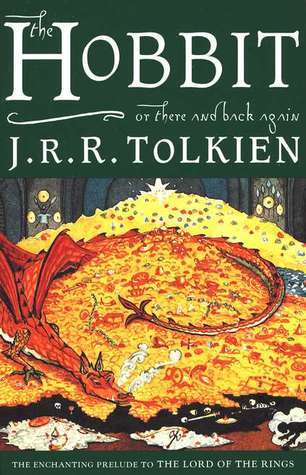Readings 2023
2023-01-22
Okay, so I am reviving this blog to post reviews about my readings for this year. I pretend to focus my readings in economy, philosophy, and sci-fi. Let's go.
Economy in One Lesson
by Henry Hazlitt

This book is still up-to-date with recent problems we face. Henry follows a supply demand approach in his analysis of many economical issues. It spend most of it's pages defending that everything in a economy is an asset, and things like money, or wages does not escape from being subject to economical forces and its implications. The book claims that minimum wage, price fixing, and other kind of legislation as does not create any more value, has no benefitial outcome for the overall society. I firmly recommend this book for anyone.
The Hobbit
by J.R.R. Tolkien

This is certanly one of the times that I want to erase my memory so I could truly appreciate something. This book is surely a master piece, but reading it already knowing what will happen totally cuts the hype. The book is substatialy better then the film, there are many psychological and environmental aspects that lack in the film. It was a pity to have a couldn't enjoy as a first experience.
Human Compatible
by Stuart Russell

Russell lives up to its position as director of artificial intelligence in Google, the deep and broad understand in artificial intelligence that he has is insane. The book covers topics like philosophy, economy, psicology, neuroscience, and so on. Russell presents many aspects that should be consider when creating an AGI an how it can be "human compatible" in the sense that it will help and dont harm humans in any way. This is a very deep problem because deal with ethics, utility, espirituality, and other subjects that we still don't have strong knowledge or final answers.
Rationality
by Eliezer Yudkowsky

This books is a collection of articles published in Lesswrong blog, it discusses many subjects related to racionality in an attempt to teach how to be "rational", even the definition of what being rational extends for long pages in the book. This book got me in many ways because when studying about AI, the subjects addressed are very important so answer many questions in AI.
Foundation #1
by Isaac Asimov

I love sci-fi literature, but by far Asimov is the best writer I ever experienced their books follows a "compilation of small stories" in the same universe. I am not sure now why he follows this model, but as I can't binge-read books, it helps me not get lost when I return after some weeks. The history is around the psico-history a super complex field of statistics that just a few mind in the entire galaxy can understand. By using this science to predict that the empire will fall, Seldon creates a encyclopedia, to save human from "intellectual dark ages". The way the plot is executed is surely captivating, a must read for sci-fi fans.
The State
by Franz Oppenheimer

This book tracks the origins of state, it constantly defends that the historical origins of state is fundamentally maint this status of conqueror using tributes and suppressing the resistance.